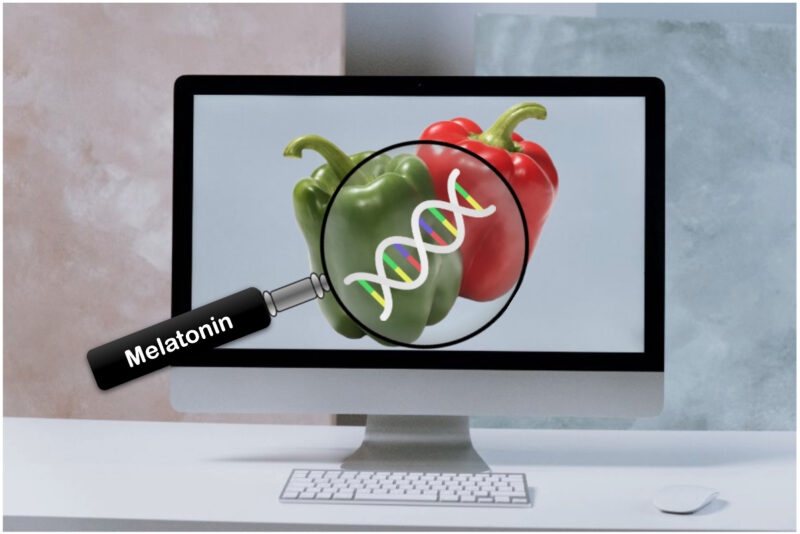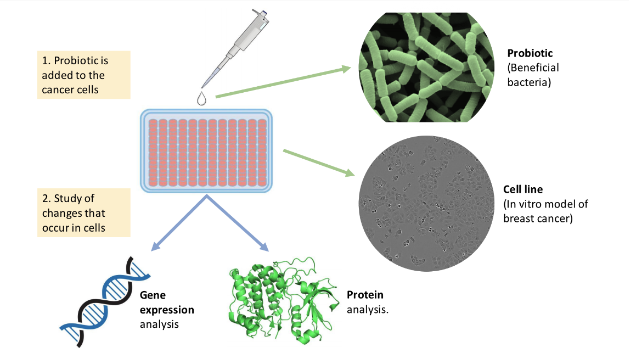
Melatonin and serotonin are molecules that have signaling functions in both animals and plants. In this study, the fruits of the California-type sweet pepper (Capsicum annuum L) are used as an experimental model, for which information is available at a genomic and transcriptomic level, to identify the genes involved in melatonin biosynthesis and explore how they are modulated during ripening. To do this, bioinformatic analyses will be used to search for genes with the same function in other plant species. The information obtained will make it possible to establish the genetic bases of how melatonin performs its signaling and antioxidant functions in what is one of the most widely consumed horticultural fruits worldwide. It is also therefore of great economic importance, particularly in southeast Spain where it is widely cultivated.
Keywords: melatonin, pepper, bioinformatic, genes, antioxidants
Directed by: Francisco Javier Corpas Aguirre



